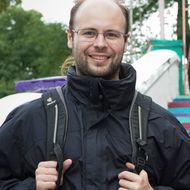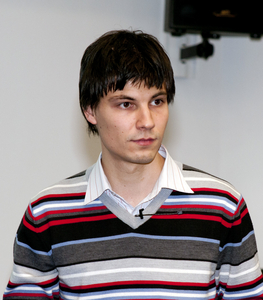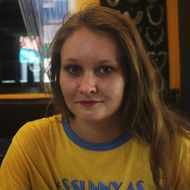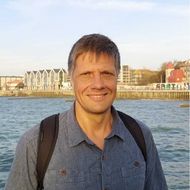Toric topology is the study of topological spaces with well-behaved toric symmetries. The subject was first identified 20 years ago and has developed rapidly, with remarkably varied input from cobordism and homotopy theory, algebraic and combinatorial geometry, commutative algebra, and symplectic geometry and integrable systems. Central objects are quasitoric manifolds and torus manifolds (topological generalizations of toric varieties), moment angle manifolds and moment angle complexes.
Torus manifolds are often algebraic or symplectic but need not be, instead having more flexibility in terms of studying topological and combinatorial properties. In particular, these properties give valuable information about the topology of toric varieties themselves. Moment angle complexes provide powerful links between homotopy theory, theory of space arrangements, the construction of symplectic reduction, Coxeter and Artin groups and hyperbolic geometry.
Recently, there is a strong interest in the generalization of torus manifolds: methods of toric topology proved useful in the study of torus actions of positive complexity, such as the torus actions on Grassmann manifolds and flag manifolds.This variety of mathematical disciplines related to the subject explains the attractiveness of toric topology for young researchers. Many problems in this field are accessible for students, yet their solution has certain interest in theoretical mathematics.
The workshop is followed by the school `Toric topology and combinatorics'.
Speakers
Abramyan Semyon , HSE, Faculty of Mathematics
Arzhantsev Ivan, HSE, Faculty of Computer Science
Avdeev Roman HSE, Faculty of Computer Science
Baralic Djordje , MI SANU
Buchstaber Victor, HSE, Faculty of Computer Science, Steklov Institute of Mathematics
Bunkova Elena, Steklov International Mathematical Center
Chernyshev Vsevolod L, HSE, Faculty of Computer Science
Dasgupta Nikhilesh, NMIMS
Daurtseva Nataliya, Kemerovo State University
Erochovets Nikolay , Moscow State University
Esterov Alexander, HSE, Faculty of Mathematics
Eliyashev Yuri, HSE, St. Petersburg School of Physics, Mathematics, and Computer Science
Fominykh Evgeny, Saint Petersburg State University
Franz Matthias, University of Western Ontario
Gayfullin Sergey, Moscow State University
Grujic Vladimir, University of Belgrade
Gugnin Dmitry , Moscow State University
Ivanov Sergei , St Petersburg University
Kiritchenko Valentina, HSE, Faculty of Mathematics
Limonchenko Ivan, University of Toronto, HSE
Masuda Mikiya, Osaka City University
Millionshchikov Dmitry , Moscow State University
Monin Leonid, University of Toronto
Musin Oleg , University of Texas at Austin
Dasgupta Nikhilesh, HSE Laboratory on Algebraic Transformation Groups
Park Seonjeong, Jeonju University
Pavutnitskiy Fedor , HSE, Faculty of Computer Science
Perepechko Alexander , HSE, Faculty of Mathematics
Pochinka Olga, HSE, Faculty of Informatics, Mathematics, and Computer Science (HSE Nizhny Novgorod)
Popelensky Fedor, Moscow State University
Smirnov Evgeny, HSE, Faculty of Mathematics
Solomadin Grigory , HSE, Faculty of Computer Science
Song Jongbaek, KIAS
Stanley Donald, University of Regina
Suyoung Choi , Ajou University
Taroyan Grigory, HSE, Faculty of Mathematics
Terzic Svjetlana, University of Montenegro
Theriault Stephen , University of Southampton
Timashev Dmitrii, Moscow State University
Verevkin Yakov , HSE, Faculty of Computer Science
Vesnin Andrey, HSE, Sobolev Institute of Mathematics
Zaikovskii Anatolii, Saint Petersburg State University
Zeinikesheva Indira, Moscow State University
Zhgoon Vladimir, HSE, Faculty of Mathematics
Zhuravleva Elizaveta , Moscow State University, HSE
Organisers

Anton Ayzenberg
HSE University

Alexander Gaifullin
SkolTech and Steklov Institute of Mathematics
Contacts

Anastasia Kamyshanova
Manager, akamyshanova@hse.ru
